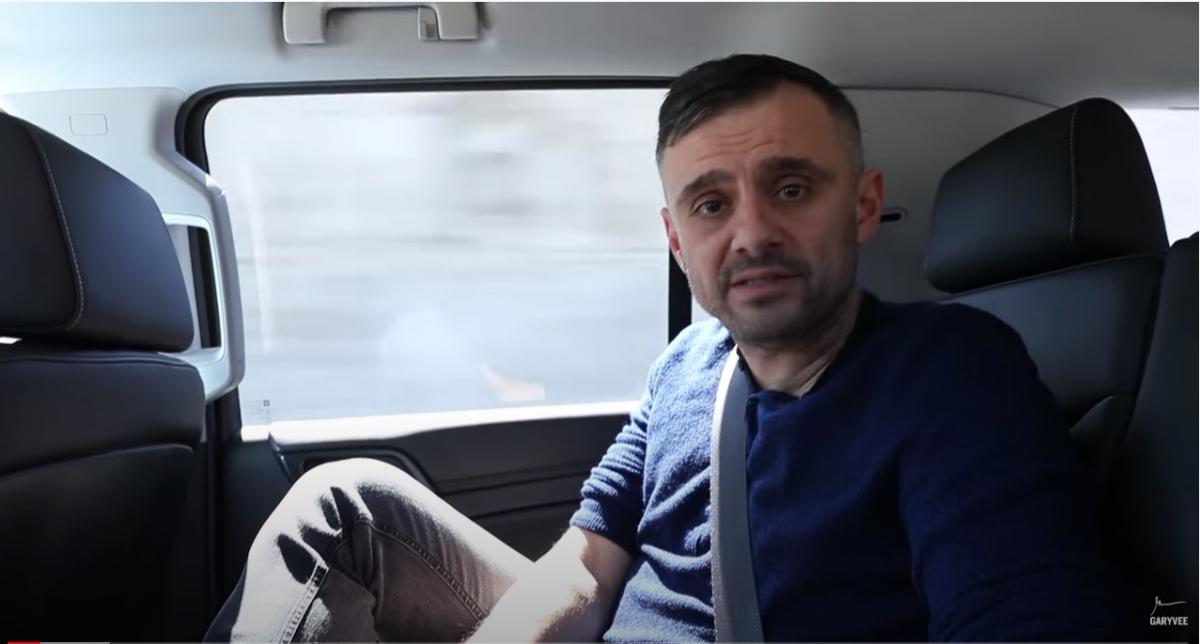Two decades ago, David Bowie became one of the 100 or so performers who have taken part in the VH1 network Storytellers series. In each broadcast, the musician performed a number of their songs, punctuated by anecdotes about how they came to be written. The result is funny and self-deprecating and brilliant. Bowie could have sent the band home and still kept the audience transfixed.
I watched that recording while my social media feed began to fill with a discussion about online wine tastings, started by Paris-based American wine communicator Amber LeBeau. The name of her piece was “How can we make virtual wine tastings less sucky?” and her point was the sight of someone tasting a wine and then talking about it is “boring as hell”.
She’s right. I’ve tried to sit through quite a few of these efforts and, even with nothing else on my agenda, usually I’ve failed. Most are among the dullest material to appear on a screen.
I’m sure there are wine enthusiasts and students who hang on every word that is uttered by these critics. These are, I would guess people whose interest in or curiosity about wine is sufficient for them to accept the bottles as the stars of the production.
What works for me is the experience of drinking wine, rather than experiencing it at second hand. What absolutely captivates me, however, is interesting, entertaining people. I can’t recall very much Gary Vaynerchuk – effectively the inventor of online tastings way back in 2006 – had to say about any particular wine, but I have vivid memories of him as a presenter. While preparing for this post, I watched the first ‘video blog’ episode of his Wine Library TV, in which he sampled three cuvées of 2001 Verité. To be frank, it’s dull, with earnest references to ‘VCC’ and “Clinet’ that I doubt would have much resonance with many of the viewers at the time.
It didn’t take long, however, for the high octane Gary VAY-NER-CHUK to emerge, and by November of that year’s episode 122 - the ‘Welcome to War’ taste-off between Opus One, Insignia, Caymus Special Select and Mondavi Reserve Cab – he was fully fledged. He didn’t just talk about wine. Before pouring a glass, Vaynerchuk revealed that he was off to Paris and “saw Borat last night. Hope some of you got the chance to check it out. I legitimately almost threw up during ‘the scene’ – and you know what I’m talking about”.
The Vaynerchuk of 2006 isn’t a rock singer; he’s still a wine retailer. But anyone with eyes to see could recognise a performer with potential way beyond wine. Today he’s one of the world’s highest-paid public speakers, heading a Forbes list of opinion leaders in social networks.
I’d watch Vaynerchuk talk about anything. The same applies to Olly Smith, or Tim Atkin MW who needs no encouragement to go off-piste with anecdotes about sport, or Oz Clarke whose backstory includes playing General Peron in Evita and Sweeney Todd on the London stage. Amelia Singer and Joe Fattorini of the popular The Wine Show have shown what they have learned from working with professional TV crews too. Fattorini’s recent clips recorded in his attic are exemplary in the diverse information he has to offer. In one episode, after being introduced to Dino his dachshund, I was entertained by his efforts to recall the psalms, taught how to pronounce ‘Medici’ and informed that that aristocratic Italian name actually means ‘doctors’. Fattorini could have been talking about cabbages and I’d have been just as enthralled. But he was great when describing the wines too.
Experts don’t need to do much homework. Their heads are full of facts about vignerons, vineyards and vintages that would be treasured by any wine enthusiast. But gems need settings, and many who were lucky enough to attend a tasting by the late Michael Broadbent will remember often scurrilous tales about his experiences with producers, cellars and collectors.
The problem with virtual tastings is not ‘production values’. Of course, a better microphone and camera and lighting can help – as would some editing. But focusing on these aspects is a like suggesting that better décor and service would improve the experience of a substandard restaurant meal. Great food works when eaten off a paper plate.
A YouTube executive once explained to me that the clips that are almost certain to attract the biggest audiences on his platform fall into three categories: practical, surprising or funny. Show me how to get a cork out of a bottle without a corkscrew, or Joe Fattorini attempting a stand-up gig in California comedy club that includes a joke about Trump wine and fake news.
In other words, as Tim Atkin MW said in a recent Real Business of Wine session, make wine fun. And if you can’t do that, learn a little from David Bowie and those other singers and musicians: learn how to tell stories.
Robert Joseph








Virtual Tastings - entertainment trumps content?
There is an equal risk, that the entertainment obscures the message. There are plenty of examples of ads (which these are in essence) which are hilarious but you have no idea what the product was 30 seconds later. Gary V is an interesting example, as he is now pitching wines that seem to be more about Gary than the wineries or wines themselves.